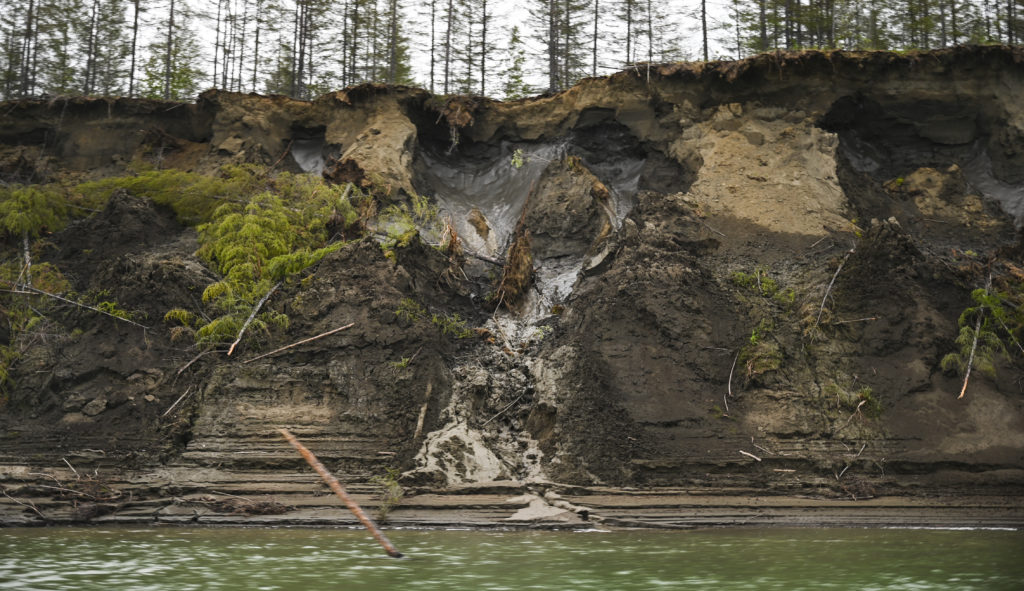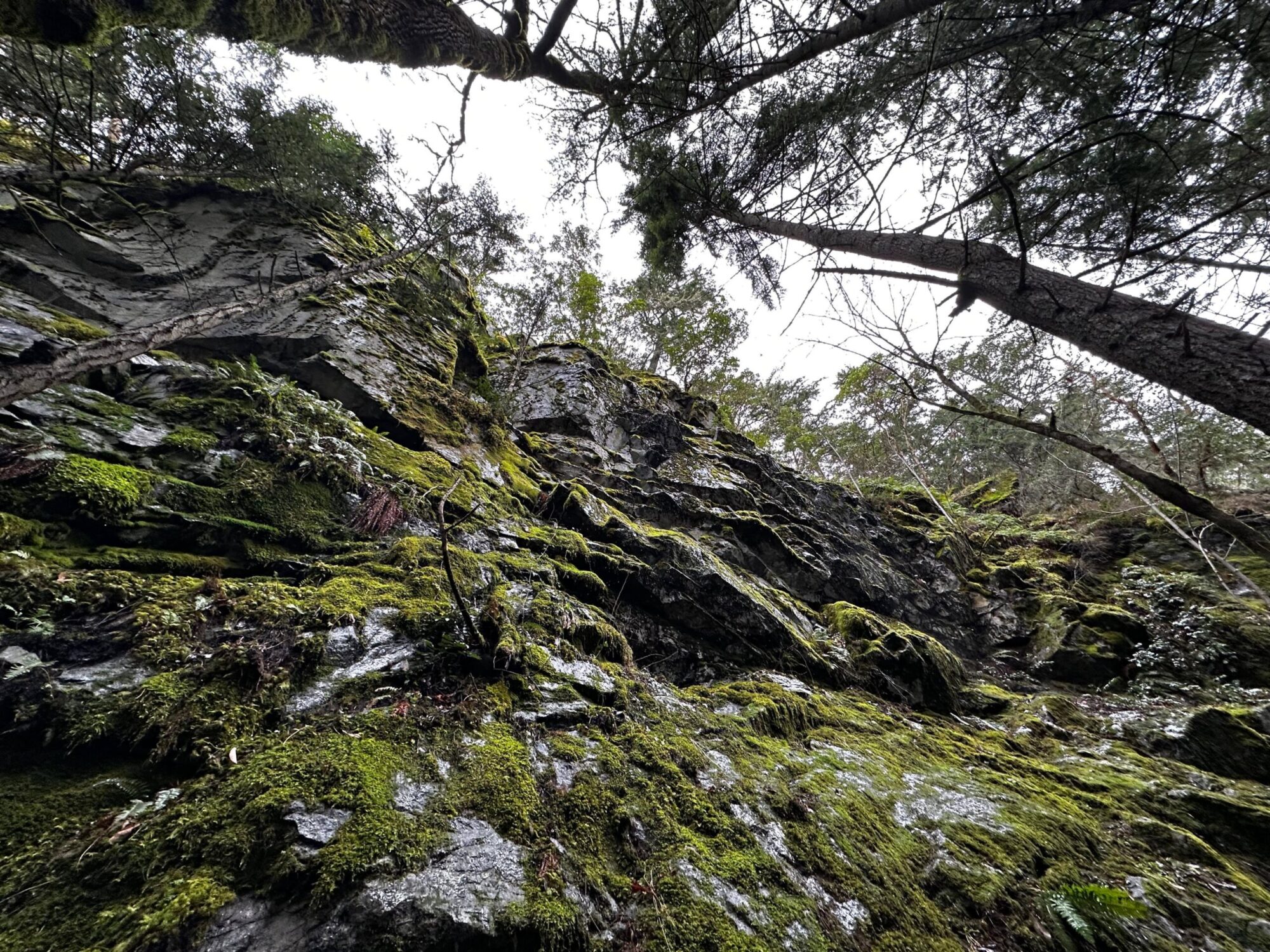
Scope of Environmental Geology
January 18th, 2024
Earth can be thought as a large ecosystem in which many different ecosystems with communities of living organisms are living and interacting together in a specific environment. Usually, ecosystems are in a state of stability, but can be subjected to changes from which they recover back to ecological balances. When the ability of the ecosystem to sustain its associated species is destroyed, the ecosystem is said to have collapsed. Sometimes, ecosystem collapses are caused by environmental problems where the system ecological function is destroyed due to human activities.
One environmental issue that put pressure on all ecosystems on Earth is climate change. The shift in climates is disrupting the species capacity to adapt and survive in their ecosystems, by changing rainfall and air temperature in those systems. Pollution, resources depletion, environmental degradation, deforestation, and waste management are other environmental issues that have the strong potential to destroy ecosystems.
By virtue of their multiples dimensions, environmental problems are complex problems to solve. Some ecosystems are more sensitive to changes in comparison to other, the pressure on the system can be from more than one source, the sources of environmental issue can interact with each other and have many effects on the system.
Environmental geology encompasses human populations growth, sustainability, earth as a system, hazardous earth processes, and scientific knowledge. Environmental geology is interested in the geographic and geological composition of the Earth and uses geological principles to better understand the causes and find the most suitable methods for dealing with environmental issues and hazards. Environmental geology can investigate the cause of disasters, find ways to fix its effects and potentially prevent them in the future.
